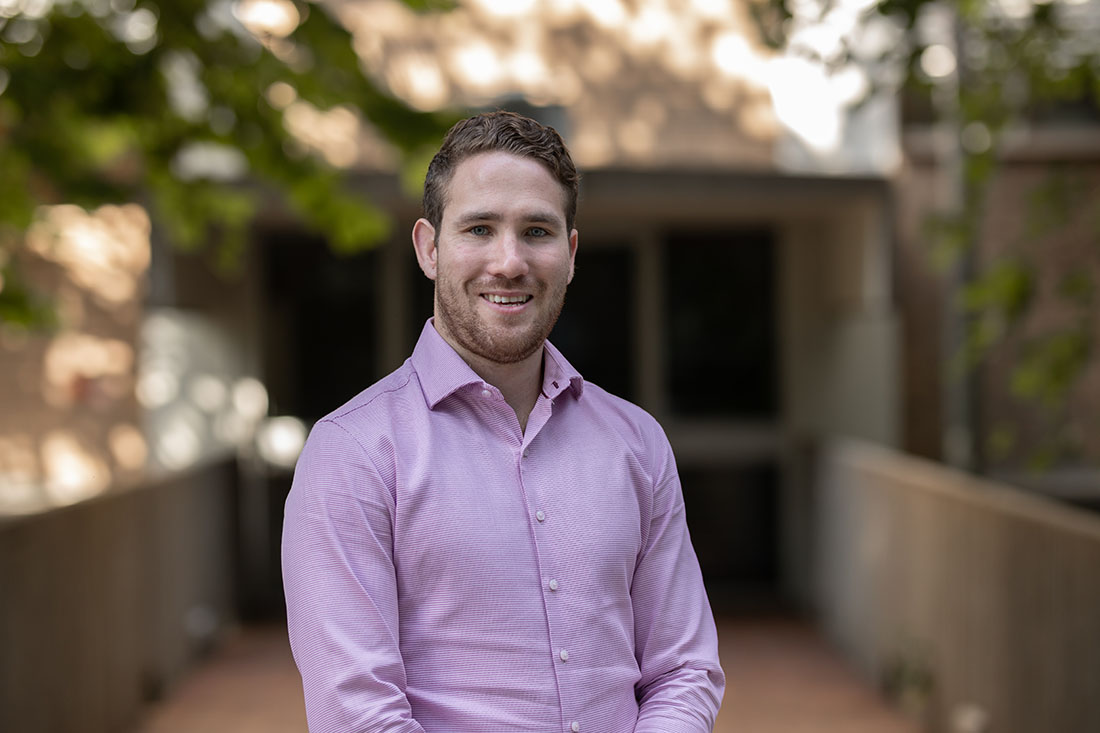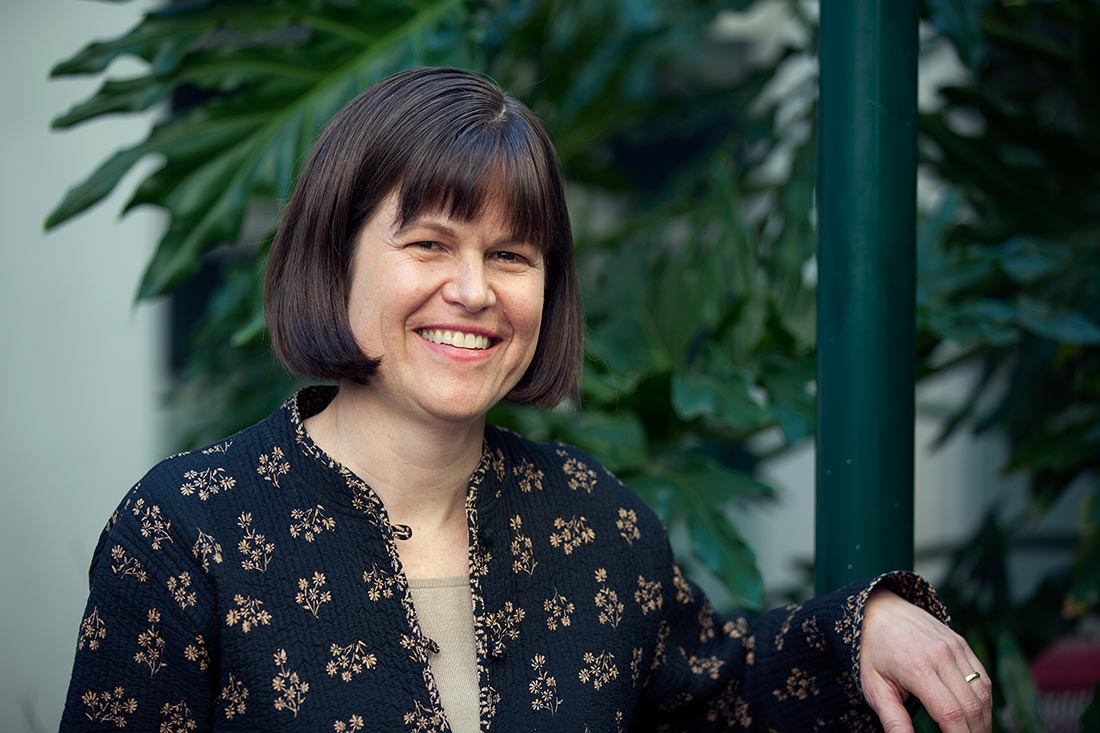Careers and outcomes
Health promotion is focused on developing policy, programs and strategies that will foster and encourage healthy, equitable and sustainable environments and communities. To achieve this, a health promotion practitioner is required to work with a diverse range of individuals, community groups and representatives. In addition to developing population and community programs, interventions can also be implemented in specific settings such as schools, workplaces and hospitals. Currently, a key focus is the development of effective programs that address a number of national and state health priority areas including physical activity, alcohol, tobacco and other drugs, mental health promotion, injury prevention and skin cancer prevention. An integral component to being an effective health promotion practitioner is to be involved in the facilitation and development of effective partnerships with government and non-government agencies to collaboratively address health issues and work towards positive health outcomes.
Some of the tasks a health promotion practitioner may perform include:
- planning, implementing and evaluating health promotion programs
- informing and working collaboratively with other health professionals on population health issues
- designing, developing and implementing public information campaigns using radio, television, newspapers, pamphlets, posters and websites.
With experience, health promotion practitioners can progress into supervisory and managerial positions.
Graduates may find employment in the public sector in local, state and federal government health departments or in local community agencies such areas as community health, and primary health care. Organisations like the National Heart Foundation, Diabetes Australia, and The Cancer Council provide employment opportunities.
Health promotion and public health positions are also available in a variety of professional workplaces including the police force, local councils and in private industry (e.g. medical insurance companies, corporate health companies, and health promotion consultants).
For those interested in social welfare, graduates have been employed in government departments and international health aid organisations such as World Health Organisation and the Australian Agency for International Development and Community Aid Abroad. Universities, peak bodies, professional associations and international agencies (e.g. World Vision, Greenpeace, United Nations) also require the skills of public health specialists.
Course articulation
Graduates of the masters program who have successfully completed a 48 credit point dissertation may apply for entry to the Master of Philosophy or the Doctor of Philosophy.
Possible careers
- Community health officer
- Health promotion officer
- Policy officer
- Project manager
- Public health officer




